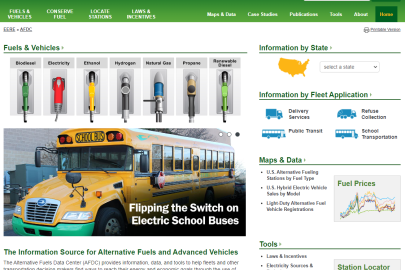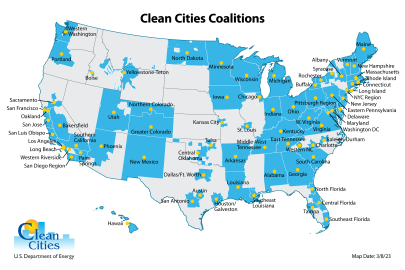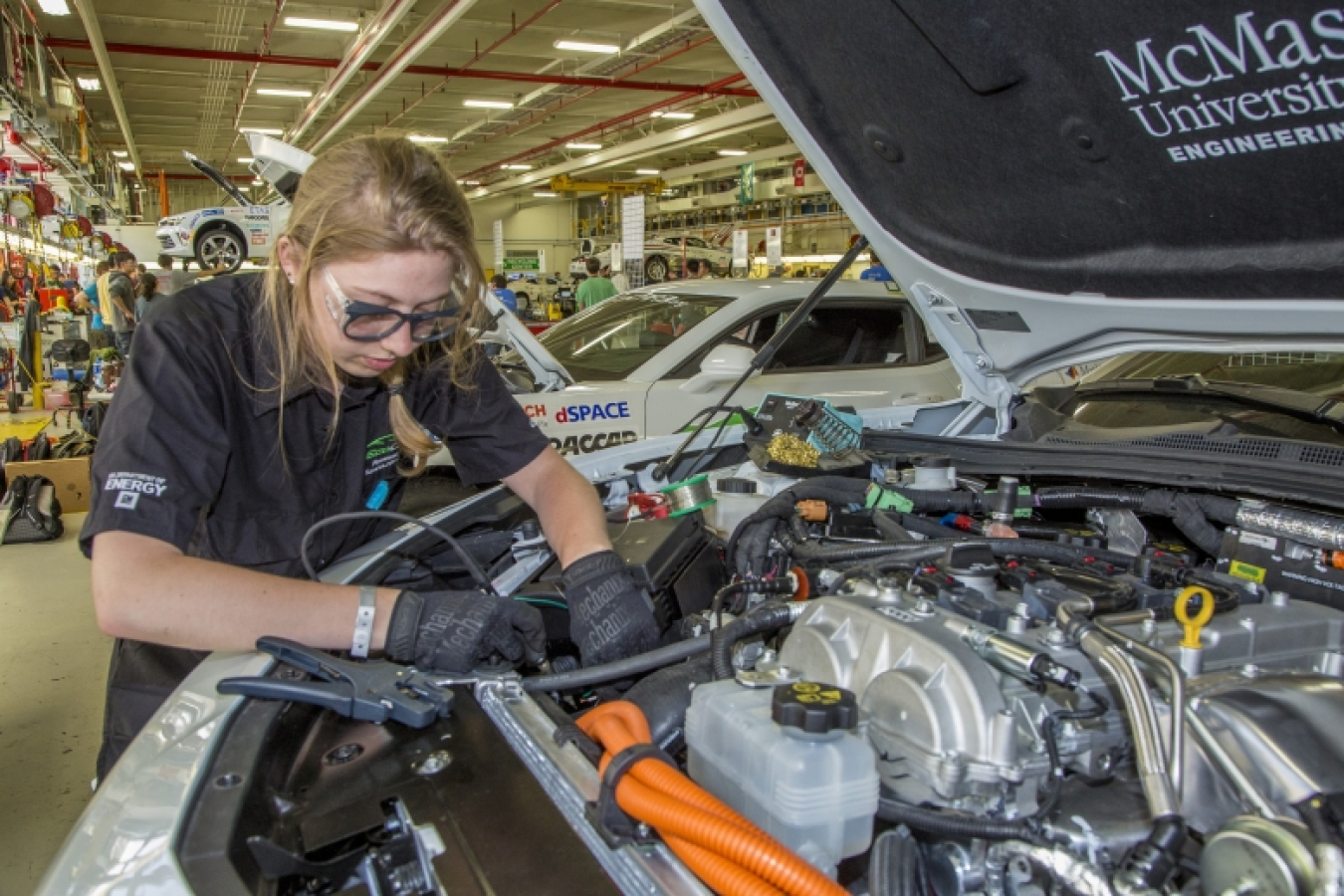VTO's Technology Integration Program supports a broad technology portfolio that includes alternative fuels, energy efficient mobility systems and technologies, and other efficient advanced technologies that can reduce transportation energy costs for businesses and consumers. The program provides objective, unbiased data and real-world lessons learned to inform future research needs and support local decision making. It also includes projects to disseminate data, information, and insight, as well as online tools and technology assistance to cities and regions working to implement alternative fuels and energy efficient mobility technologies and systems.
Technology Integration Tools and Resources
-
 Provides information, data, and tools to help transportation decision makers find ways to reduce cost and improve energy efficiency.
Provides information, data, and tools to help transportation decision makers find ways to reduce cost and improve energy efficiency. -
Provides access to general information, widgets to help car buyers, and comprehensive fuel economy data.
-
 Supports the nation’s energy and economic security by building partnerships to advance affordable, domestic transportation fuels and technologies.
Supports the nation’s energy and economic security by building partnerships to advance affordable, domestic transportation fuels and technologies.
ADVANCED VEHICLE TECHNOLOGY COMPETITIONS
For more than 35 years, the Vehicle Technologies Office has sponsored advanced vehicle technology competitions (AVTCs) in partnership with the North American auto industry to educate and develop the next generation of automotive engineers. VTO's advanced vehicle technology competitions provide hands-on, real-world experience, and focus on science, technology, engineering, and math, to support the development of a workforce trained in advanced vehicle technologies.

EcoCAR EV Challenge
Launched in 2022, EcoCAR EV Challenge is the latest iteration of the advanced vehicle technology competitions. The EcoCAR EV Challenge charges 15 North American universities to engineer a next-generation battery electric vehicle (BEV) that utilizes automation and vehicle-to-everything (V2X) connectivity to implement energy efficient and customer-pleasing features.
General Motors will provide each team with a 2023 Cadillac LYRIQ where teams will demonstrate the potential of advanced propulsion systems, connected and automated vehicle (CAV) technologies, and other innovative technologies to analyze energy efficiency.
Battery Workforce Challenge
Launched in 2023, the Battery Workforce Challenge collegiate competition is a three-year engineering competition that challenges North American universities and their community college partners to design, build, test and integrate an advanced EV battery pack into a Stellantis vehicle, a 2024 Ram ProMaster EV from Stellantis.
ALTERNATIVE FUELS REGULATORY ACTIVITY
The Alternative Fuels Regulatory activity provides technical and analytical support for the implementation of federal legislation related to the deployment of alternative fuels and fuel-efficient fleet vehicles. Relevant legislation includes the Energy Policy Act (EPAct) of 1992, EPAct 2005, the Energy Conservation Reauthorization Act of 1998, the Energy Independence and Security Act (EISA) of 2007, and other amendments to EPAct.
EPAct regulated fleets include State & Alternative Fuel Provider Fleets and Federal Fleets (managed by the Federal Energy Management Program).

T.I. Reports & Publications

Funding Opportunities

Newsletters

